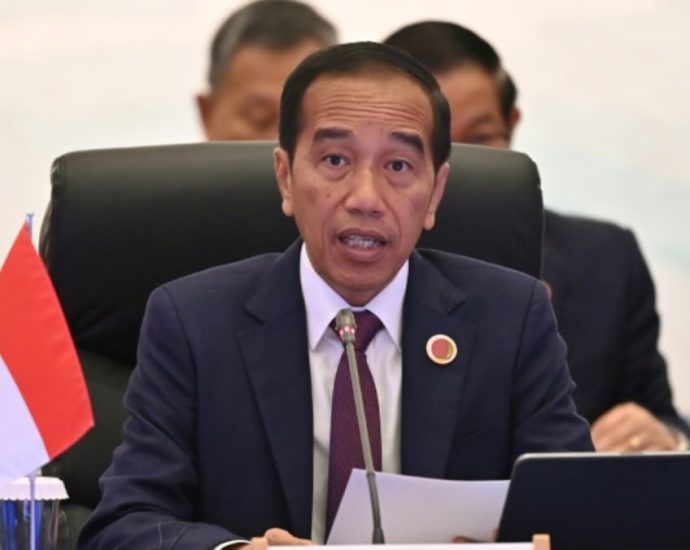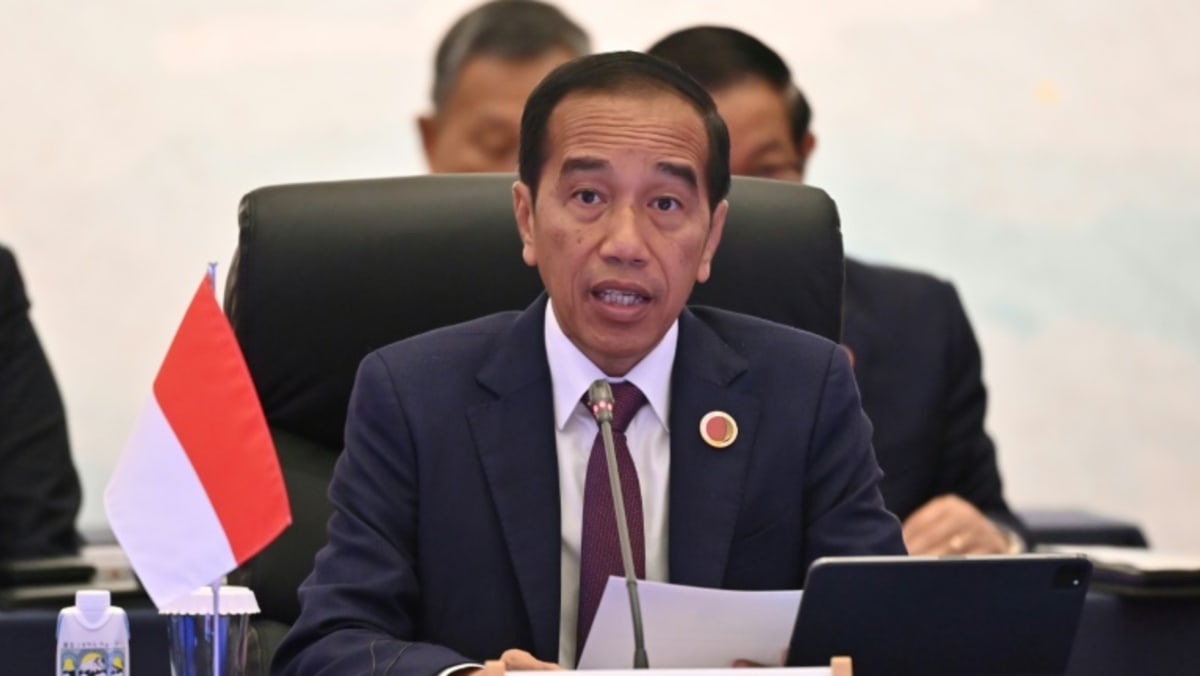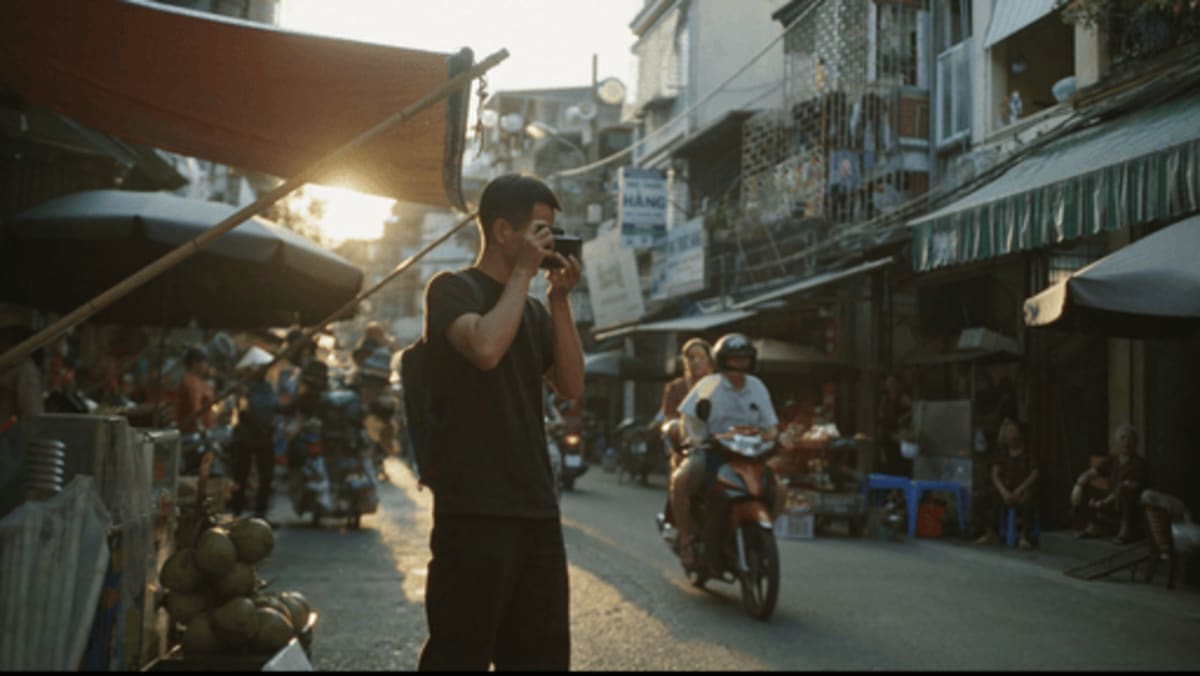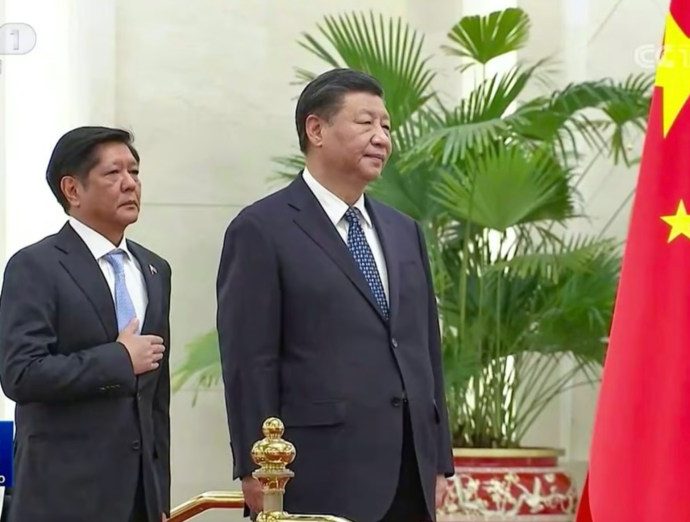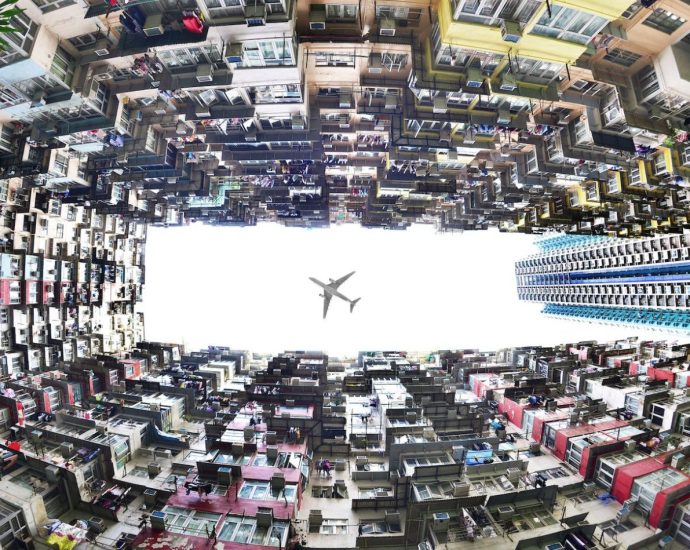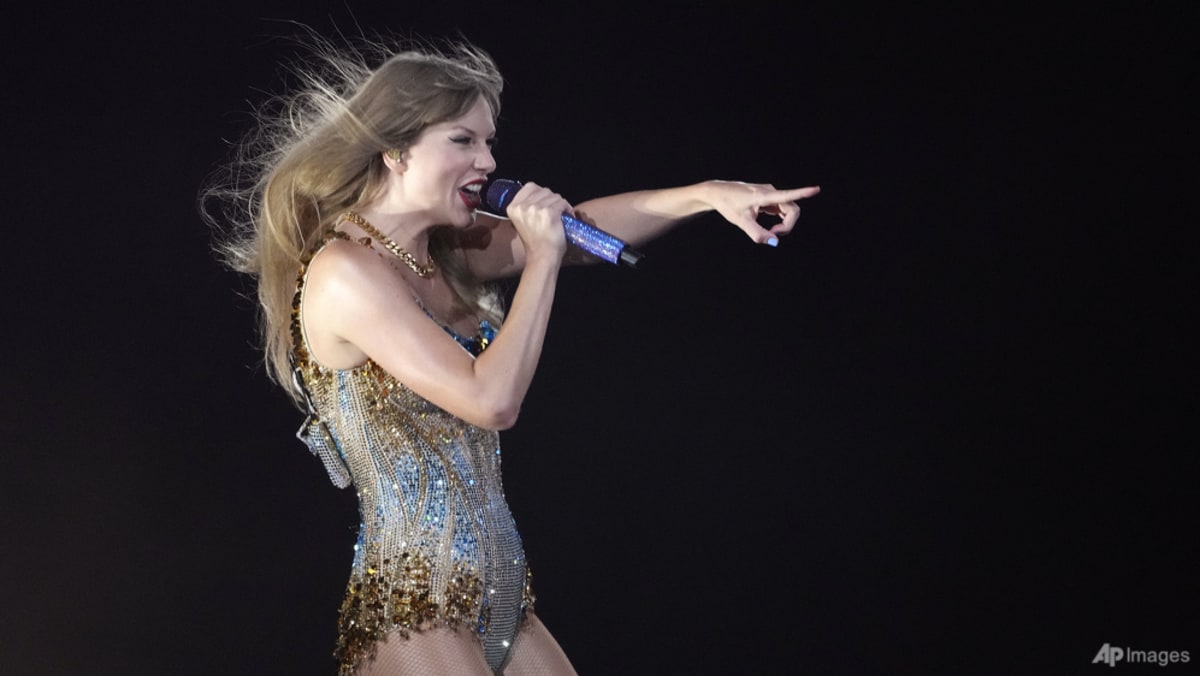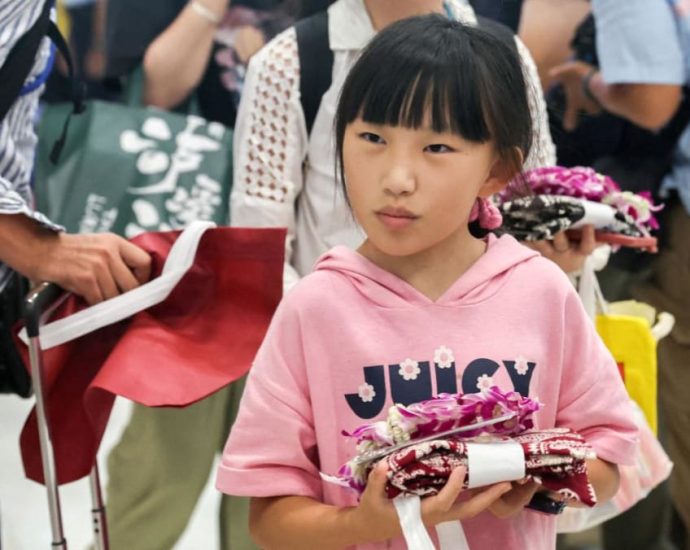CloudMile opens first of its kind cloud CoE in Malaysia
Offers participants access to digital learning paths at no cost
CoE set to benefit 300k Malaysians by 2026 via upskilling programme
CloudMile has announced the opening of its CloudMile Centre of Excellence (CoE) in Malaysia, serving customers across Southeast Asia (SEA). The firm claims that the CoE, is a first-of-its-kind initiative in the cloud industry,…Continue Reading


